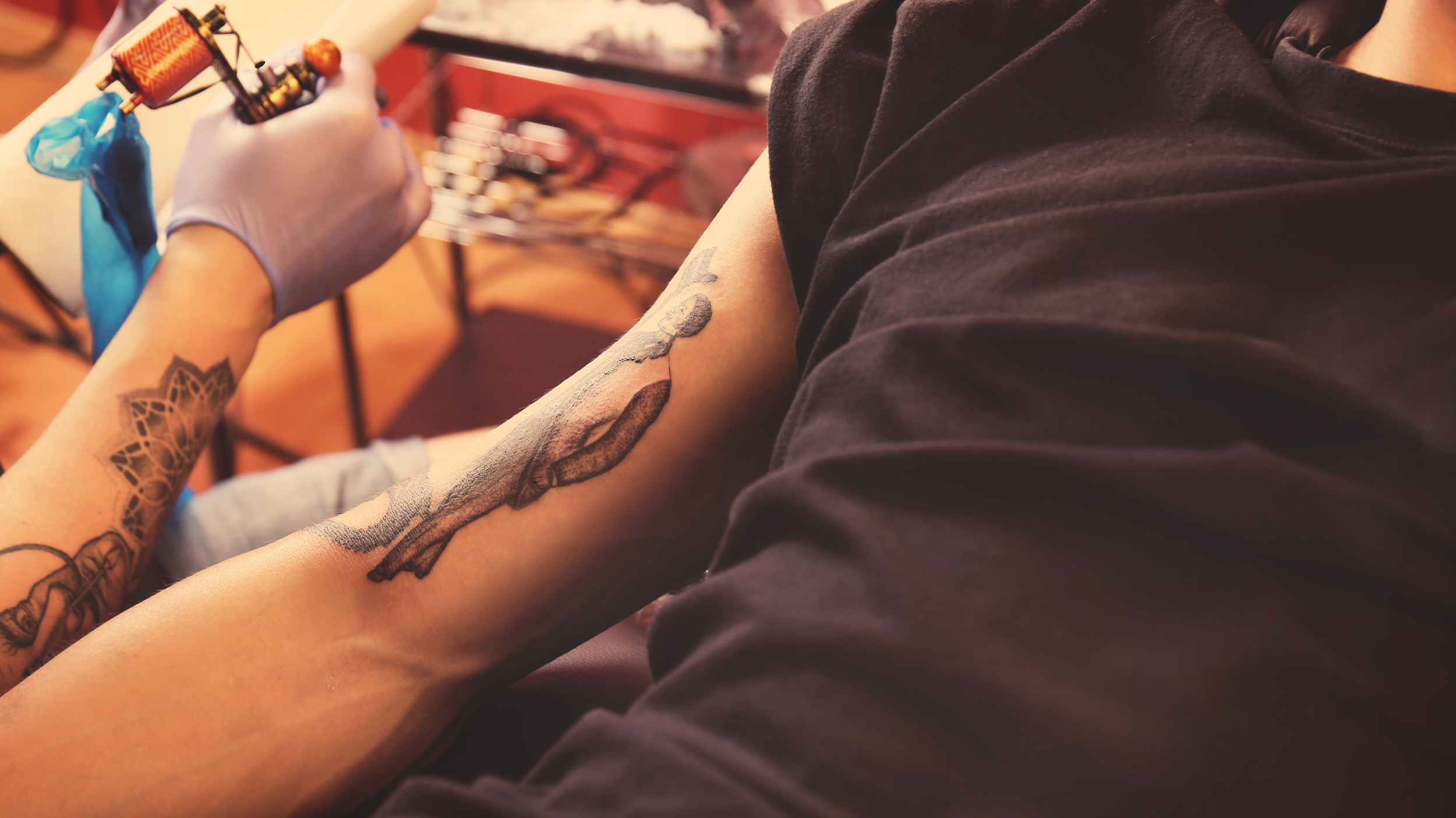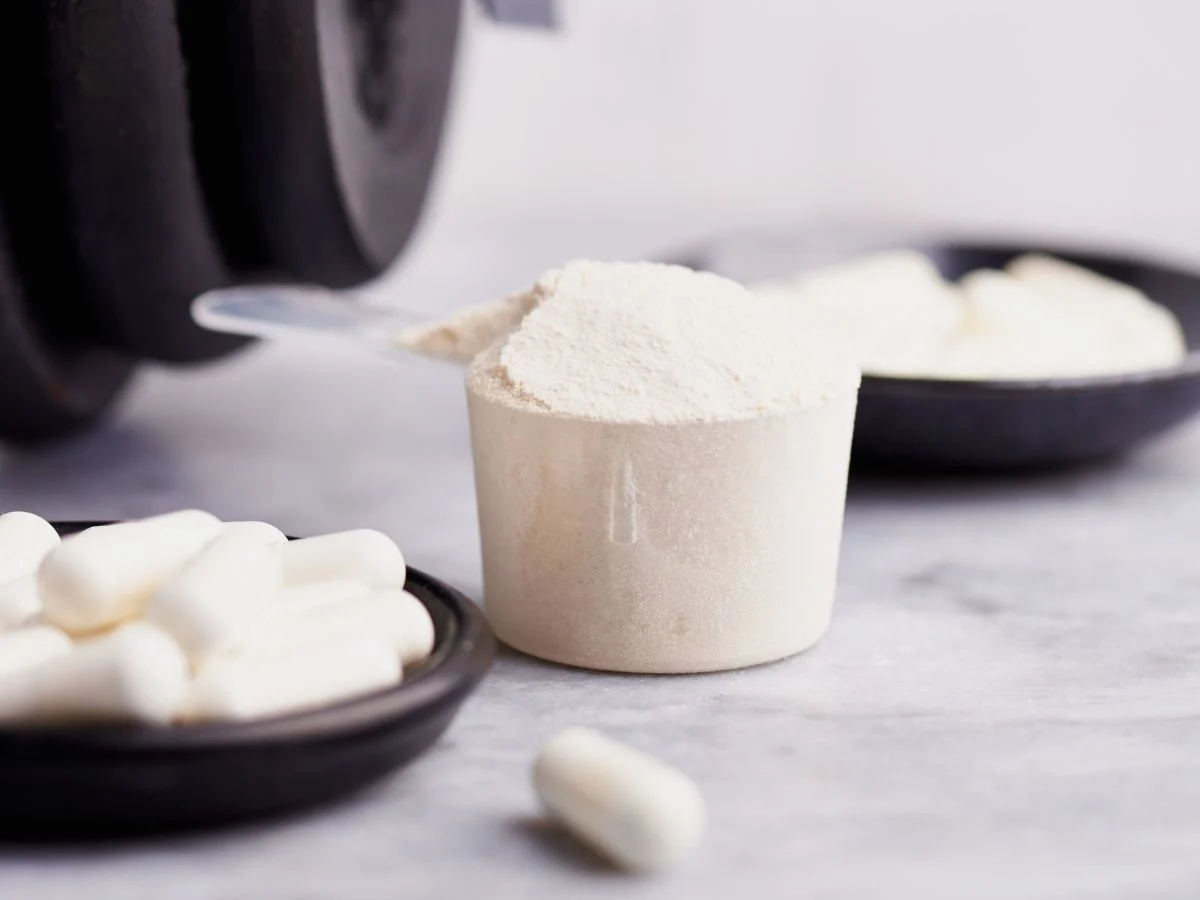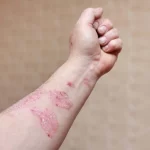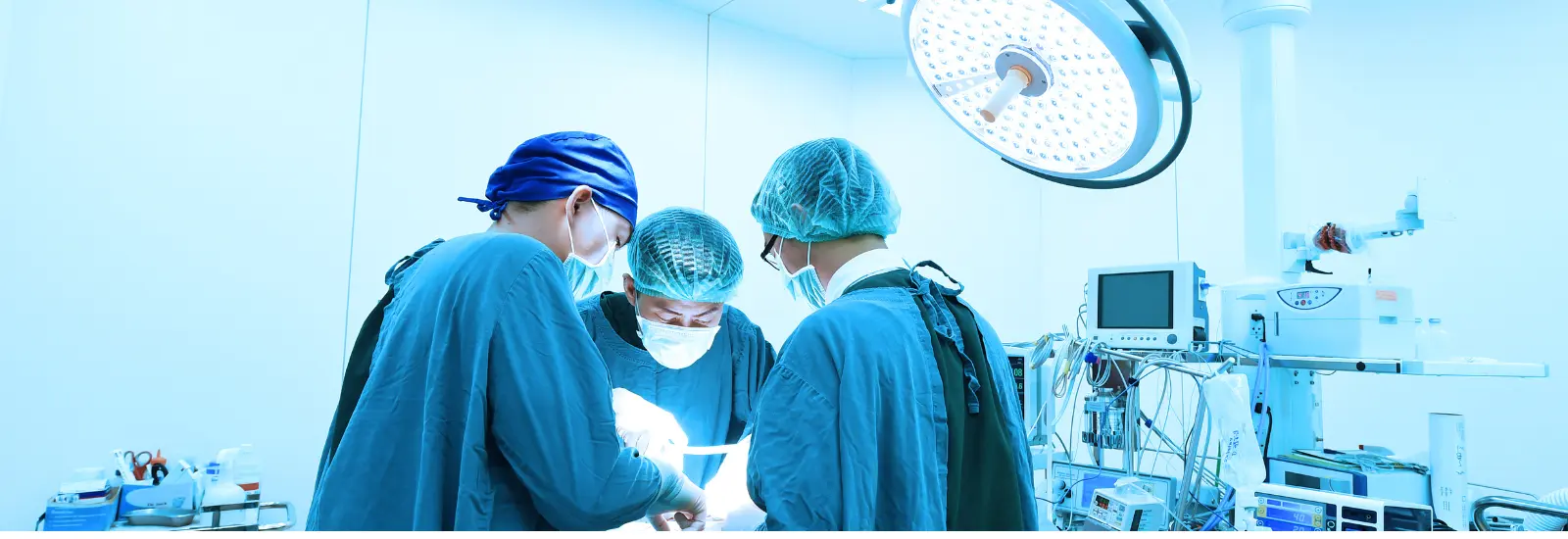You should not get a tattoo while taking Accutane. The combination of Accutane and tattoos poses a serious risk because the medication slows the skin’s natural healing process and increases sensitivity. This can lead to scarring, infections, and uneven pigment once the tattoo heals.
Dermatologists, including Dr. Hannah Kopelman from DermOnDemand, advise waiting several months after finishing treatment to protect your skin. Once your body has fully recovered, tattooing becomes much safer and delivers better long-term results.
Key Takeaways
- Getting a tattoo while on Accutane is unsafe because the medication slows wound healing and increases the risk of infection, scarring, and color fading.
- Dermatologists, including Dr. Hannah Kopelman from DermOnDemand, recommend waiting 6–12 months after finishing Accutane to allow the skin to fully recover its natural oil balance.
- Even at low doses, Accutane can cause dry skin and sensitivity, making tattoos and laser treatments riskier.
- Tattoo artists often advise clients to postpone tattooing until several months after completing treatment to protect both the design and the healing process.
- Proper hydration, gentle skincare, and dermatologist guidance before tattooing significantly reduce the risk of complications and ensure long-term results.
Why Avoid Tattoos During Accutane Treatment
How Accutane Impacts Skin Healing and Recovery
Accutane treatment reduces oil production and alters the skin’s regenerative process. Because it suppresses sebaceous glands and slows wound healing, tattooing during treatment can lead to irritation, cracked skin, or pigment irregularities.
This powerful medication works by decreasing the oily substance the skin produces, which keeps pores clear but also leaves the surface more fragile. When this balance is disrupted, the body takes longer to recover from minor injuries, such as tattooing.
Risks of Scarring, Infection, or Faded Tattoos
When skin cannot heal normally, the risk of complications increases. Tattooing during Accutane therapy can cause a higher risk of scarring or infection, and colors may fade unevenly.
Some common side effects of Accutane, such as dry skin and peeling, make tattooing even more challenging. Tattoo artists often refuse to tattoo clients using isotretinoin because the tattooing process stresses fragile, sensitive skin.
What Happens If You Get a Tattoo Anyway
People who ignore this advice often experience prolonged redness, slow healing, and visible scarring. Some report that tattoos appear patchy or raised for months after completing treatment. Dr. Kopelman recommends waiting to reduce these side effects of Accutane and protect long-term skin quality.
When It’s Safe to Get a Tattoo After Accutane
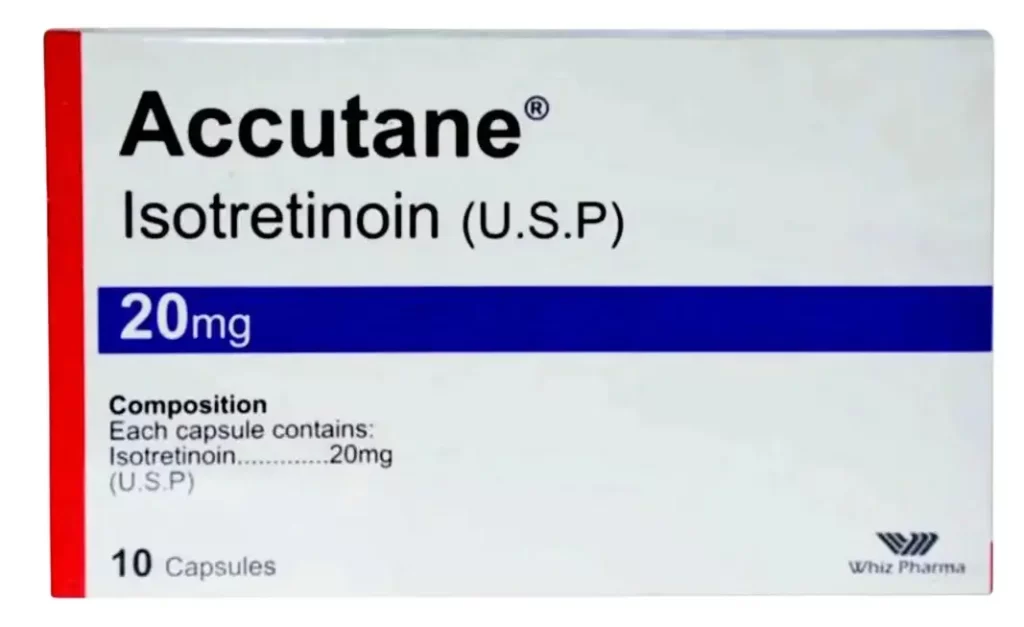
How Long You Should Wait After Treatment
Many patients ask, How long after Accutane can you get a tattoo without problems? Experts recommend waiting at least 6–12 months after finishing Accutane before scheduling a tattoo.
This waiting period allows the skin sufficient time to rebuild its natural oils and return to its normal healing rate. Waiting 12 months reduces the risk of complications and helps ensure the tattoo looks its best for the long term.
Low-Dose Accutane and Tattoos: Is There a Difference?
Even on a low-dose regimen, skin still experiences dryness and slower repair. Low-dose use may shorten recovery slightly, but several months after completing treatment is still the safest timeline. Always consult a dermatologist before tattooing.
Can You Get a Tattoo Before Starting Accutane?
If you plan to begin Accutane soon, complete any tattoos first. Fresh tattoos need several weeks to heal, and starting medication too early can interfere with that healing process.
Tattoo Healing and Aftercare Post-Accutane
How to Know Your Skin Is Ready for Ink
Your skin should feel supple, not flaky or tight. If dryness and peeling persist, delay tattooing until the skin has returned to normal hydration. Healthy skin texture and balanced oil levels signal a safer tattoo experience.
Tattoo Aftercare Tips for Sensitive Skin
After the tattooing process, keep skin moisturized with moisturizers for dry skin dermatologist-recommended to help balance hydration and support healing.. Avoid sun exposure and swimming during the healing process. Gentle cleansing and consistent hydration prevent irritation and promote even color retention.
Tattoo Removal After Accutane
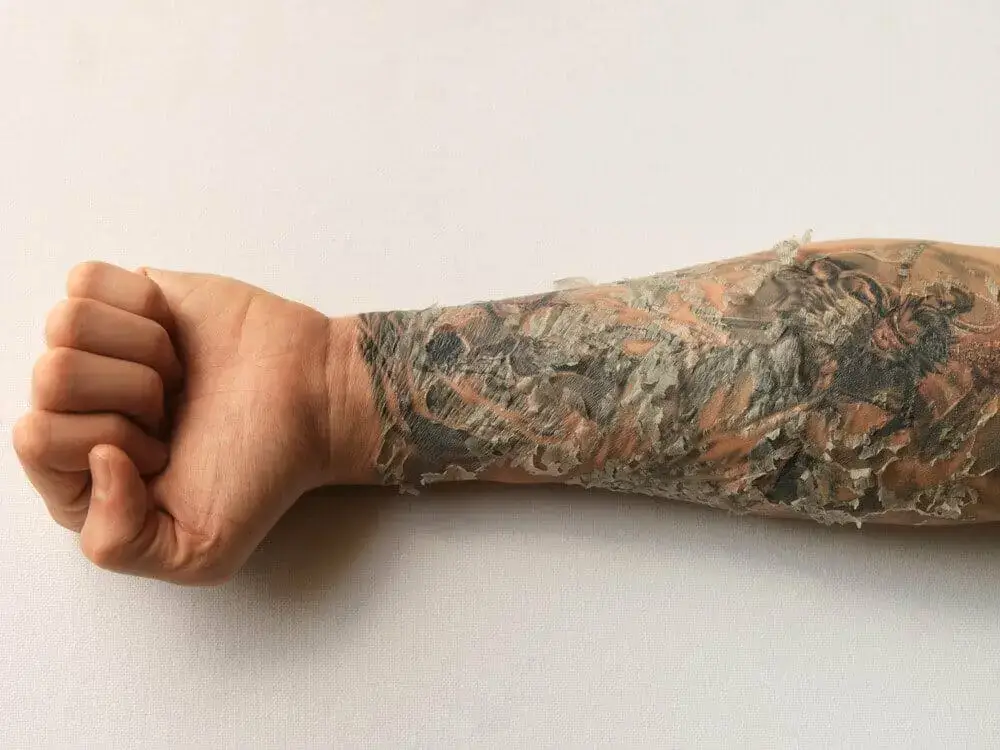
How Accutane Affects Laser Healing
Laser tattoo removal also requires intact skin. Because isotretinoin thins the epidermis, undergoing removal too soon may cause burns or prolonged redness.
When It’s Safe to Schedule Removal
Dermatologists recommend waiting several months after completing therapy before starting laser sessions. Allowing enough time for recovery helps prevent pigment changes or scarring.
In Conclusion: Wait, Heal, and Protect Your Skin
Accutane and tattoos can coexist safely – just not at the same time. Patients who undergo dermatologist-guided acne treatment should allow their skin to recover for 6–12 months after Accutane treatment to reduce the risk of scarring and uneven results.
Dr. Hannah Kopelman and the DermOnDemand team recommend patience and professional guidance to ensure every tattoo heals smoothly and looks great in the long term.

